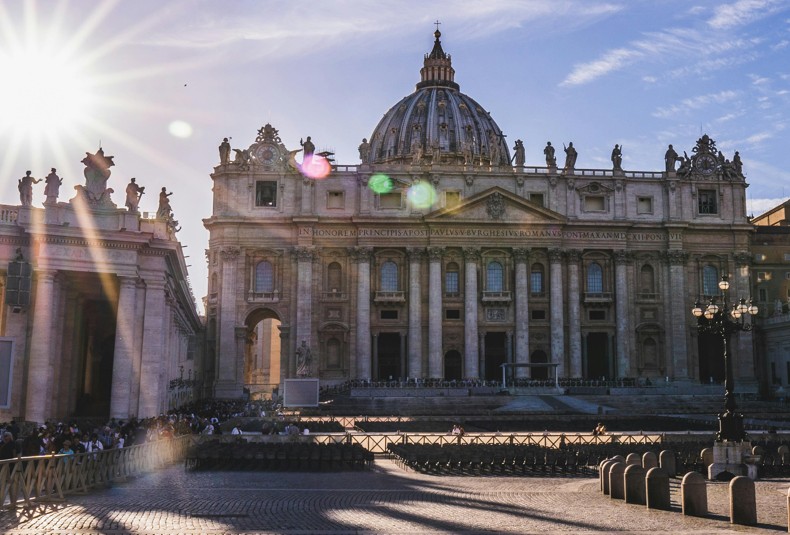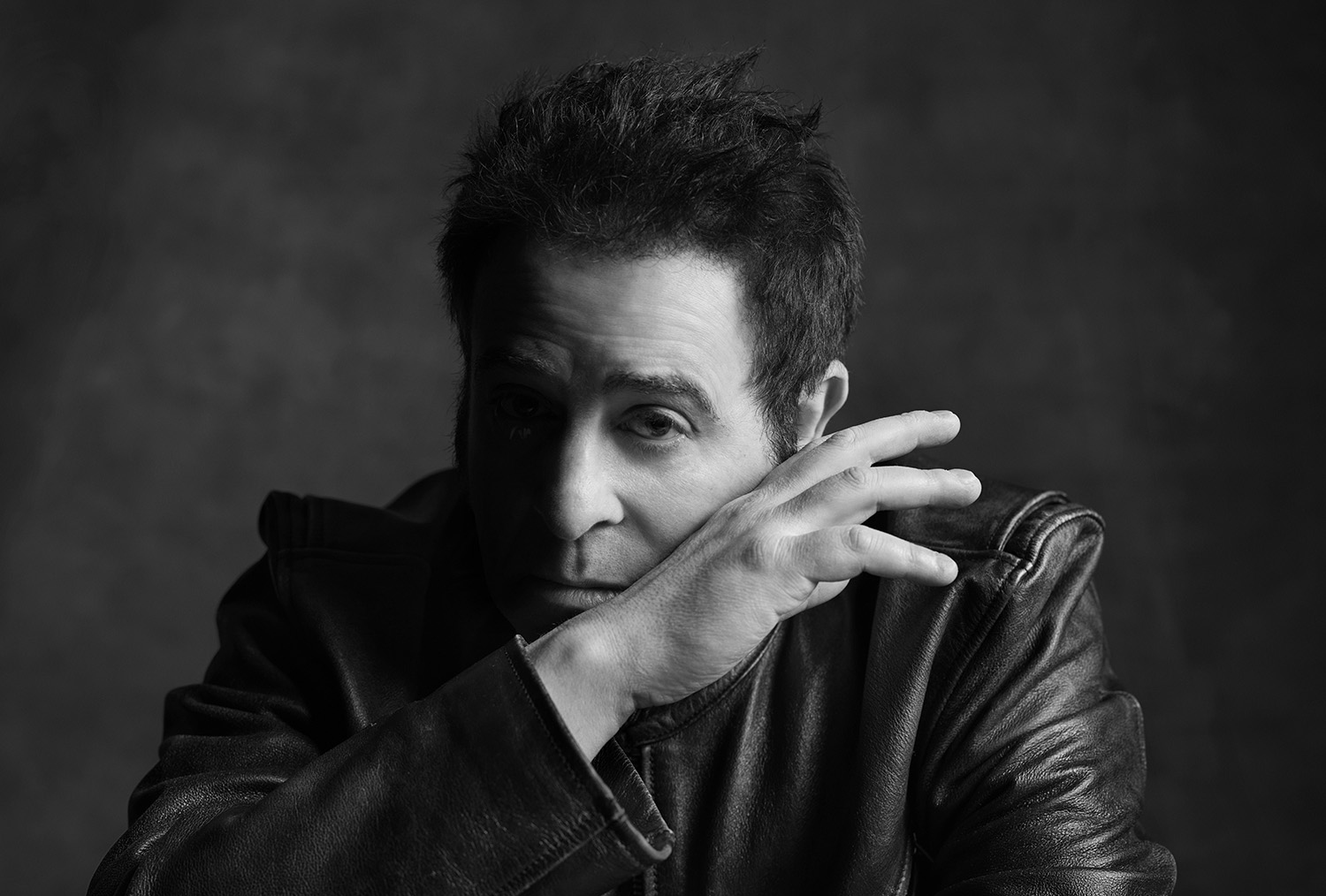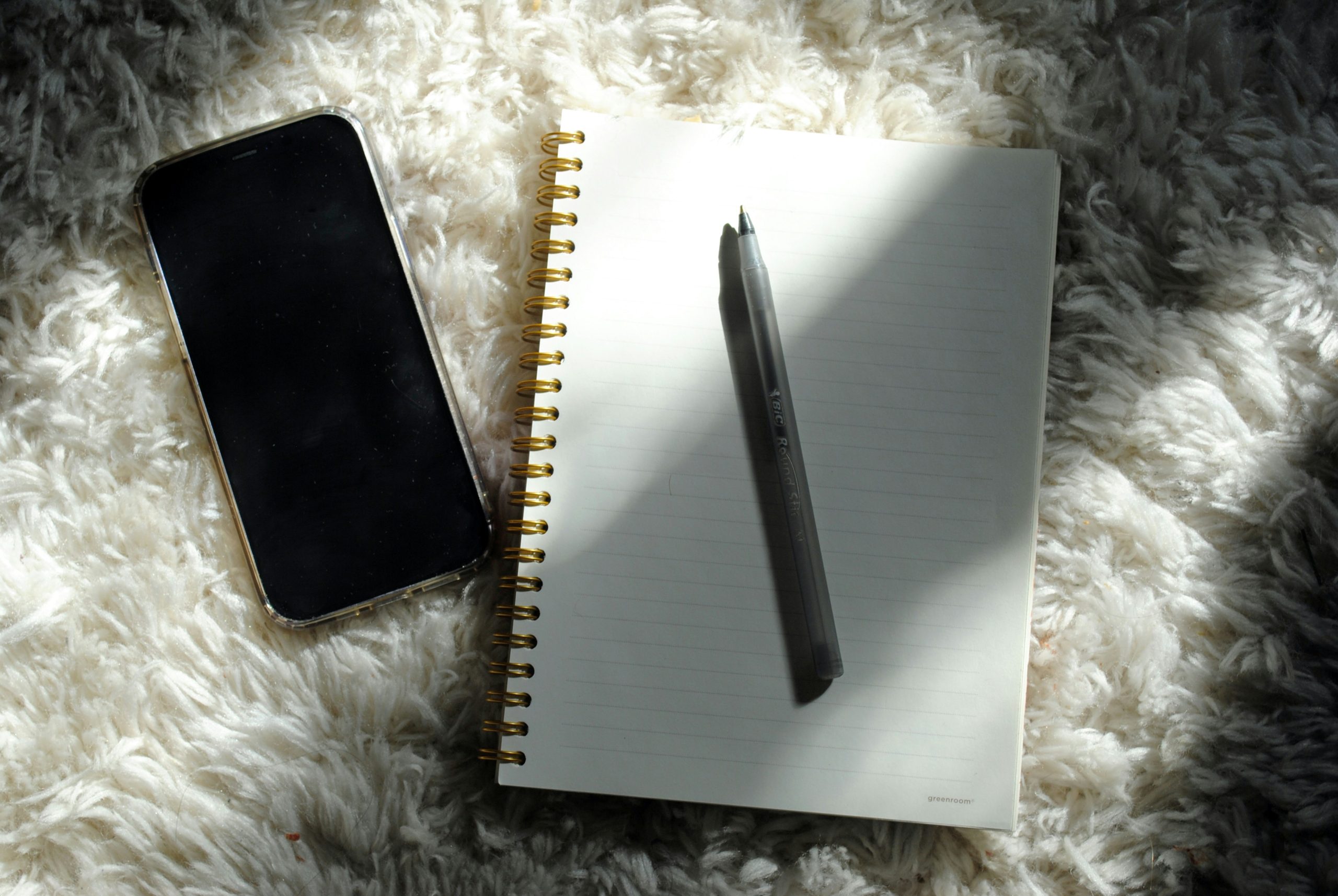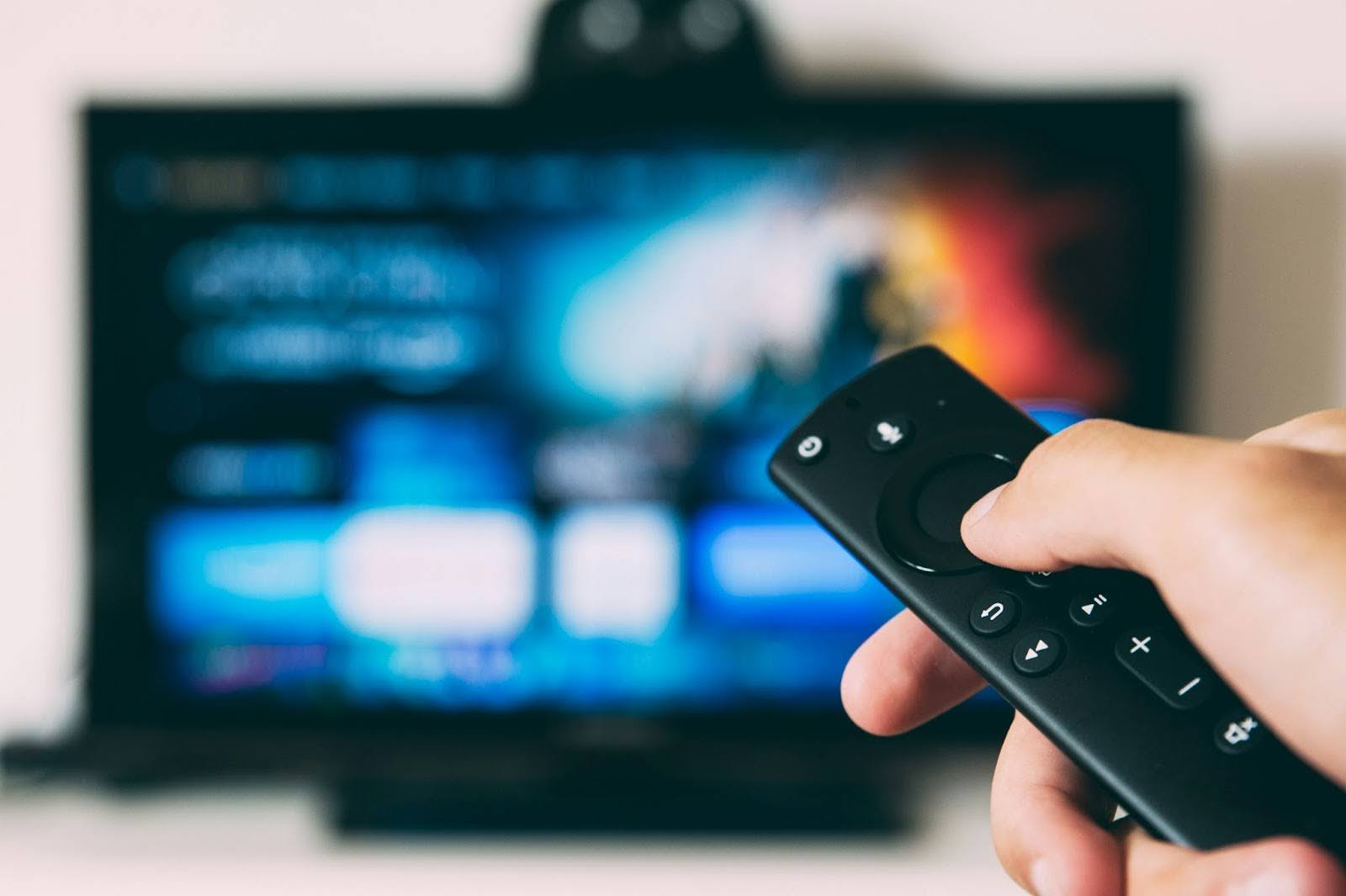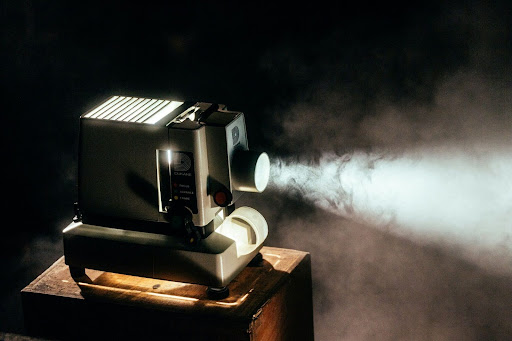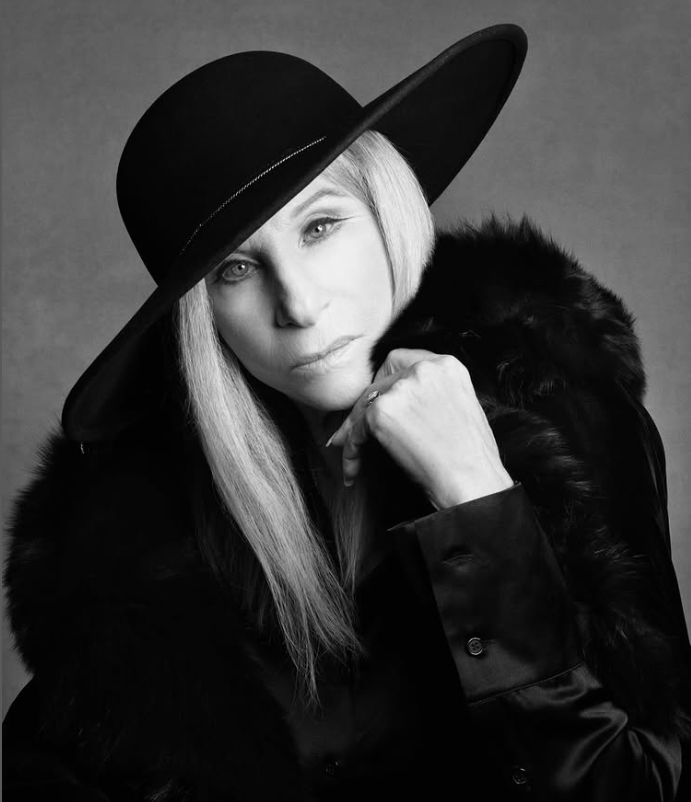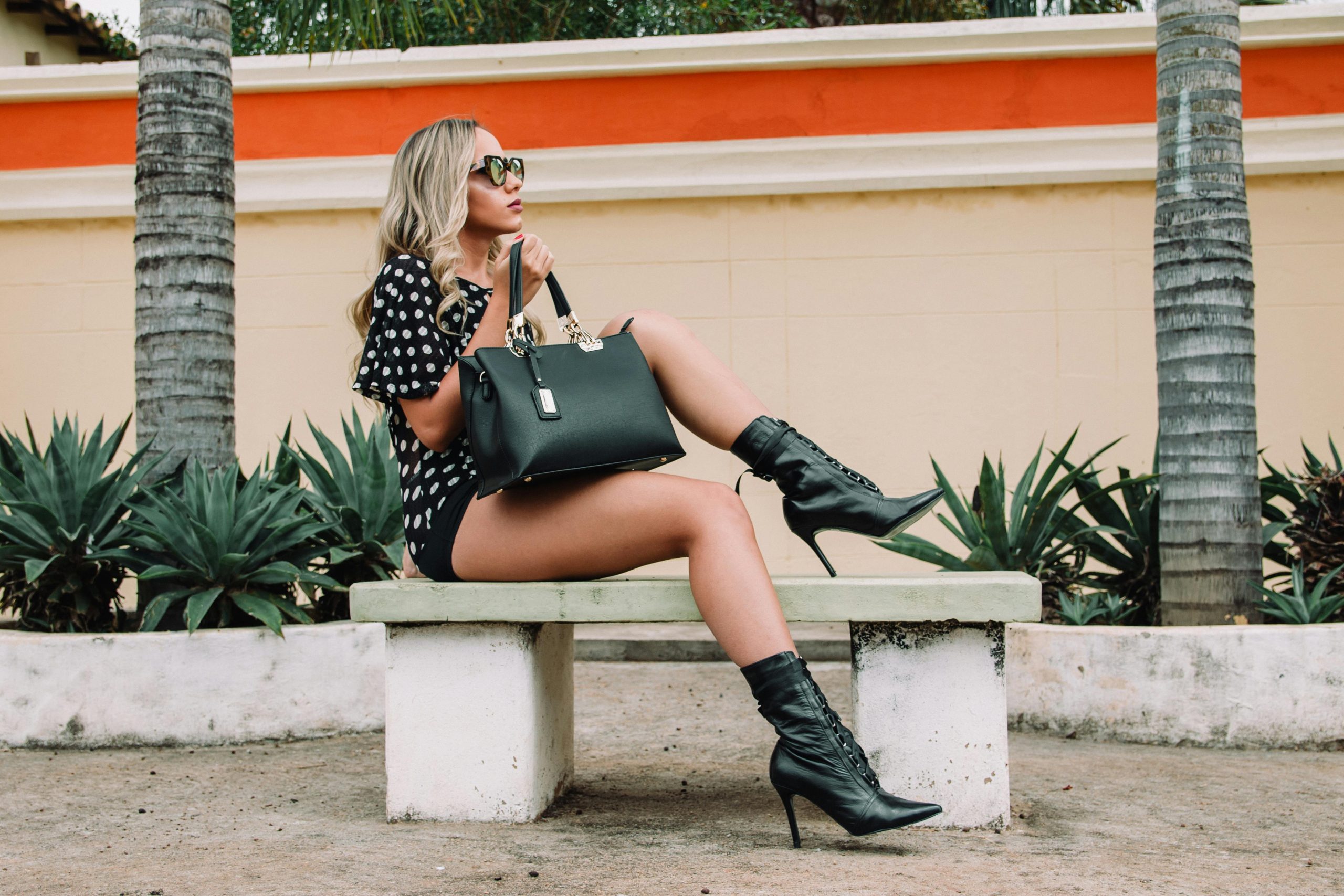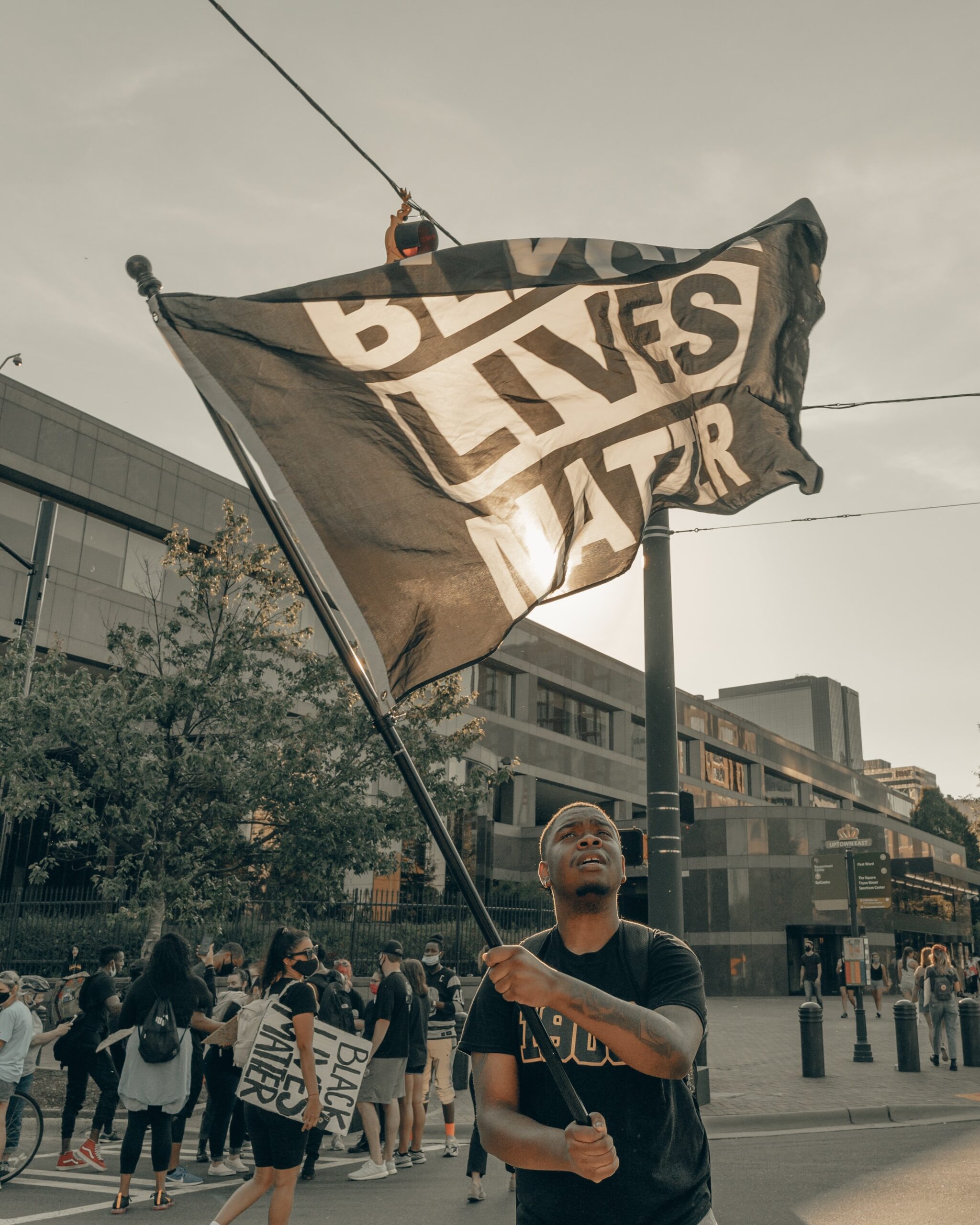
BLM
Photo by Clay Banks (Unsplash)
Update 7/6/2020: On Monday morning President Trump tweeted about the noose incident, referring to the mistaken intent of the noose as a “HOAX” and wondering if Bubba Wallace had apologized to “those great NASCAR drivers & officials who came to his aid.” President Trump also asserted that the incident, along with NASCAR’s decision to ban the confederate flag had resulted in the association losing viewership for their races, yielding what Trump termed their “lowest ratings EVER!”
Update 6/23/2020: On Tuesday the FBI announced their conclusion that the noose left in Bubba Wallace’s garage stall had been tied into the garage’s pull rope long before Bubba’s car and team were moved into that stall, and that other garage pull ropes were similarly tied.
The specific circumstances that led Bubba and his team to only notice the noose a few days after they were given that stall are not clear at this time, but this new evidence suggests that there was no effort in this case to target Wallace with a threat of hanging. It should be noted though that Wallace would not have been the first Black NASCAR driver to receive such threats. Willy T. Ribbs, who was a top-tier driver in the 1980s seemed to find nothing surprising in the possibility, saying “I was getting death threats, so a rope would’ve been a piece of cake for me.”
Unfortunately, the relief that should have come with this innocent explanation was undermined by the prior distribution–more than a day before the FBI released their conclusion—of false, racist attack stories claiming that Wallace had confused a basic car part for a noose.
This is a lie. The noose found in the stall was a rope tied in the form of a noose—a noose, in other words…
On Sunday, June 21st a noose was found in the garage stall of NASCAR driver Darrell “Bubba” Wallace Jr. at the Talladega Superspeedway in Alabama.
Wallace is the only Black competitor to drive full-time in the NASCAR cup series—the highest tier of NASCAR racing—and the noose seems to be a direct response to his recent efforts to reform the sport and use his platform to promote racial justice.
In a clear threat of lynching, the noose appeared in Wallace’s stall less than two weeks after his successful campaign to get the Confederate flag banned from NASCAR events–which also coincided with the unveiling of his new Black Lives Matter-themed car.
The incident is now being investigated by the FBI, and by Monday morning news of the racist intimidation tactic had already inspired a wellspring of support for Wallace on Twitter with the hashtag #IStandWithBubba.
This show of support is encouraging given the nature of NASCAR: a sport with a largely white fan-base and roots in the “southern heritage” of bootleggers (picture the General Lee from Dukes of Hazzard…). Nonetheless, there are many holdouts—notably the people who flew a Confederate flag banner over the speedway Sunday, trailing the motto “DEFUND NASCAR.”
Until recently Wallace had largely avoided engaging with the politics of American race relations, preferring not to invite these sorts of hateful reactions. He had a hard enough time finding sponsors as a Black driver without the added controversy.
But that reportedly changed for Wallace when he saw the video of Ahmaud Arbery being chased down and killed by two white men for the crime of going for a run. It was at that point that he decided he had to use his platform to make a difference.
The horrific killing of George Floyd—and the dramatic protests against police brutality that kicked off shortly after—became a further inflection point, and Wallace was motivated to make a public stand for justice and for reform within his sport. In his words, “You have to stand up for what’s right … it’s part of becoming an athlete and the pedestal you get with that.”
Bubba Wallace emotional as NASCAR’s drivers, Richard Petty stand with him | NASCAR ON FOXwww.youtube.com
The son of a Black social worker and a white business owner, Wallace claims that his own experiences of racism—particularly at the hands of law enforcement—have not been “as bad as other African Americans in the community,” adding, “The encounters I’ve had were very few, but they were powerful.”
The Noose Left in Bubba Wallace’s Garage Stall
He recalls being asked if he could afford the car he was driving and an officer suggesting that he must sell drugs. As upsetting as that kind of profiling is, it pales in comparison to the terrifying history of lynching in America that the noose left in his garage invokes.
Frequently treated as a morbid form of public spectacle and entertainment, lynching was the murder primarily of Black men, often by hanging, by a group of white people, often in retaliation for a supposed crime against the “virtue” of a white woman.
While not technically legal, lynching was often tacitly endorsed by media and law enforcement as a means to control Black people, particularly in the former slave states of the American south in the decades after the Civil War.
From the 1880s to the 1960s, nearly 3,500 Black Americans were lynched in officially recorded incidents. In Alabama alone—though not the worst state in these terms—there are records of at least 299 Black people being lynched. Of course it’s impossible to say how many lynchings have gone unreported.
Recently this evil history has been dredged up by the incidence of several public hangings of Black men across the US. While the circumstances of most of these hangings remain unknown, their co-occurrence with the dramatic Black Lives Matter protests suggests the possibility of racist retaliation and intimidation—exactly the kind of social control that lynchings were used for.
These incidents have opened the question of whether we can really refer to lynching in the past tense. While it’s generally regarded as a relic of a crueler era of American history, recent displays of nooses and racist effigies have made it clear that the concept still looms large in the minds of white supremacists.
The Deeper Problem of Covert Lynching
But the problem goes much deeper than these more obvious acts of racism. Considering the ways that the war on drugs, the war on terror, and the war on undocumented immigration have been leveraged against Black and brown communities—and the deliberate infiltration of many police forces by white supremacists—there is a sense in which police violence targeting Black and brown men is functionally indistinct from lynching.
Whether we’re talking about ICE raids, public hangings, or aggressively pinning a man’s neck beneath your knee for the alleged crime of buying food with a phony $20 bill, the violence serves to scare oppressed minority communities into deference and silence.
Perhaps it’s the apparent failure of of police violence to achieve that deference amid the Black Lives Matter protests that has motivated the recent resurgence of more overt displays of racism—like leaving a noose in a Black driver’s garage when he starts to speaks out.
Whatever the rationale, these incidents plainly discredit claims that the backlash against Black Lives Matter has any real foundation outside of racism. Amid fights to save statues of Confederate generals and wave the Confederate flag in order to preserve some abstract sense of history and “heritage,” these nooses and hangings remind us of the stark reality of what that history was and how the heritage of white supremacy lives on.
While many white people have tried to argue that they just think “all lives matter,” that is a statement denying the existence of the problem—namely that Black lives continue to be disproportionately abused, neglected, undervalued, and thrown away in our society. Shouting “all lives matter” only serves as a denial of that reality, and denial will only allow that inequality to perpetuate and oppress future generations.
The popularity of that denial is slowly (much too slowly) beginning to wane, but it still gives cover and comfort to people who want to bring back nooses and “put them in their place.” Fortunately Bubba Wallace is not the kind of person who is easily intimidated or deterred.
In a statement that Wallace posted to his Twitter Account, he affirmed “This will not break me, I will not give in nor will I back down. I will continue to proudly stand for what I believe in.”
